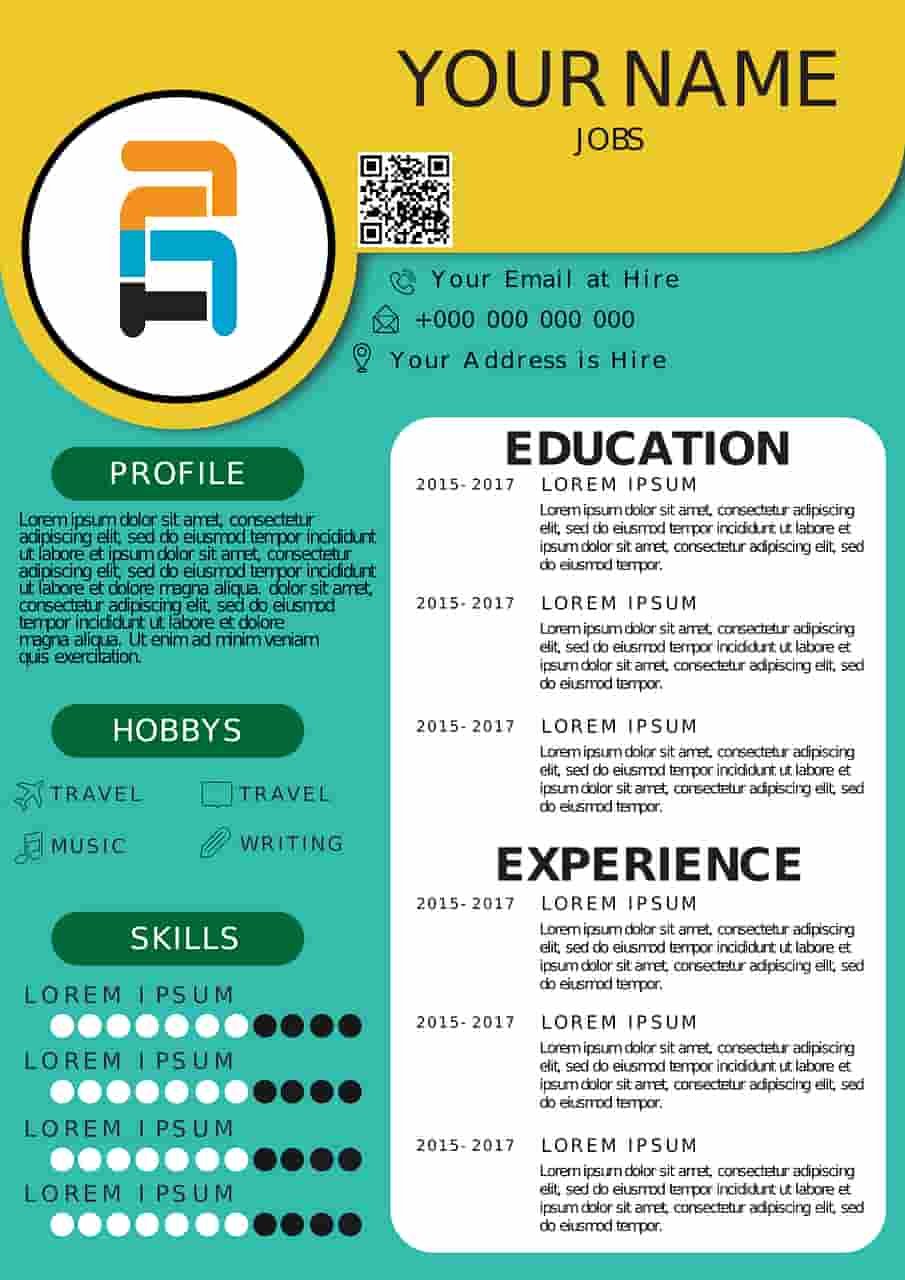How to write your CV (Resume) title?
To give you the best chance of landing your dream job, your resume should be as close as possible to the offers you see. The CV title is very important. How? ‘Or what? There are several tips to help you stand out and grab the attention of recruiters, including giving your resume a title. It is recommended to use the title that appears in the ad. Learn everything you need to know about your resume header in this article.
The title is naturally the first thing candidates see in a job advertisement. Well written, generally short, impactful, and in line with the job title being sought.
Internal jargon, overly detailed descriptions, or overly colloquial vocabulary are prohibited. Please note that not all offers are well written. Learn to speak the same way as a recruiter and quickly parse the ad to find the title.
Example ad titles: “Director of Administration and Finance” or “Internal Communications Officer”.
Why put a title on your CV?
How to write your CV? You’ve probably guessed it: a CV title makes your application stand out from other candidates and enhances your CV. Competition is fierce and recruiters receive tons of responses for a single job posting.
Also read: How to Write a CV and Job Application Letter
To make it stand out even more, giving your CV a title allows recruiters to understand at a glance that you are the right profile. People entering through the app scan CV content within seconds: providing a title allows you to retain key elements of your profile.
What should your resume title contain?
If you are responding to an advertisement, it is recommended to use the title that appears on the job offer and complete it. What exactly should your CV title contain?
First of all, the exact title of the job offer, which you will identify beforehand.
Then, to be useful, the title must show at least one of your professional differences, namely what can set you apart from other candidates. Don’t bet on the general characteristics expected of every employee such as “listening”, “serious” or even “young and dynamic”…
Function
The title serves as a summary of your professional project and your level of responsibility. Forget flattering qualifications that are completely obsolete as they appear on all CVs.
For example: “Regional Director – responsiveness, leadership, team cohesion, 20 years experience”. This CV title should be avoided. What interests us is the distinctive quality of this sales manager compared to his competitors. With this kind of formula, he implied that he was like the others and didn’t stand out.
Read also: Good CV and Examples | How to Write it? | What will make my Resume stand out?
Our advice: be aware that if you later apply for another ad, don’t forget to personalize your CV title according to the newly discovered keywords.
Do I need a CV title for an unsolicited application?
An unsolicited application is not a response to a job offer. If you submit an unsolicited application, is it necessary to include a title on your CV? The answer is yes, because you are telling recruiters what type of position they are looking for.
Also, if your CV title includes specifics, such as if you speak three languages, it will be easier to remember your profile. The goal is to explain the position you are looking for to the person you are talking to.
What CV title should you fill out during professional retraining?
To create a CV for professional retraining, it is important to submit a title that clearly matches the position sought. But there is no need to specify “in conversion”.
You will have plenty of time to explain your professional approach orally during job interviews with recruiters.
What CV title should I include for the first job?
Should you title your CV if you are looking for your first job? Yes, if you are a recent graduate or with little experience.
In the same way as an experienced person, a CV title tells recruiters about the position they are looking for. On the other hand, it goes without saying that you are looking for a first job.
Example of resume title
The resume title should be catchy and tell the recruiter what you are looking for. It has to be precise and it has to make you want to keep reading your CV.
Here are some examples of resume titles, do’s and don’ts
“Lawyer – law of incorporation”
=> It’s a good reflex to use the title that appears in the ad and add your area of expertise that will make a difference. Useful subtitles complement the function by specifying your specialization, level of experience, or any information that distinguishes you from the general profile.
“Commercial Director – 4 languages: Indonesian, Italian, French, English”
> The title appeals to recruiters. It contains a coveted position title but also an influential and distinguishing element: the candidate is trilingual. If the hiring company has a supplier in Italy, this person has a good chance of being called immediately to offer him an interview.
“Director of the Accounting Firm. Goal: integrate a position that allows me to use the skills and knowledge I’ve gained over my years of experience”
=> This title should be avoided as it uses the “blank” formulation. It in no way tells the recruiter about the candidate’s specific skills.
Get In or On train taxi? and get off or get out | You have never think about it ever again
Photo credit: Afdalrahendra97 / Pixabay



